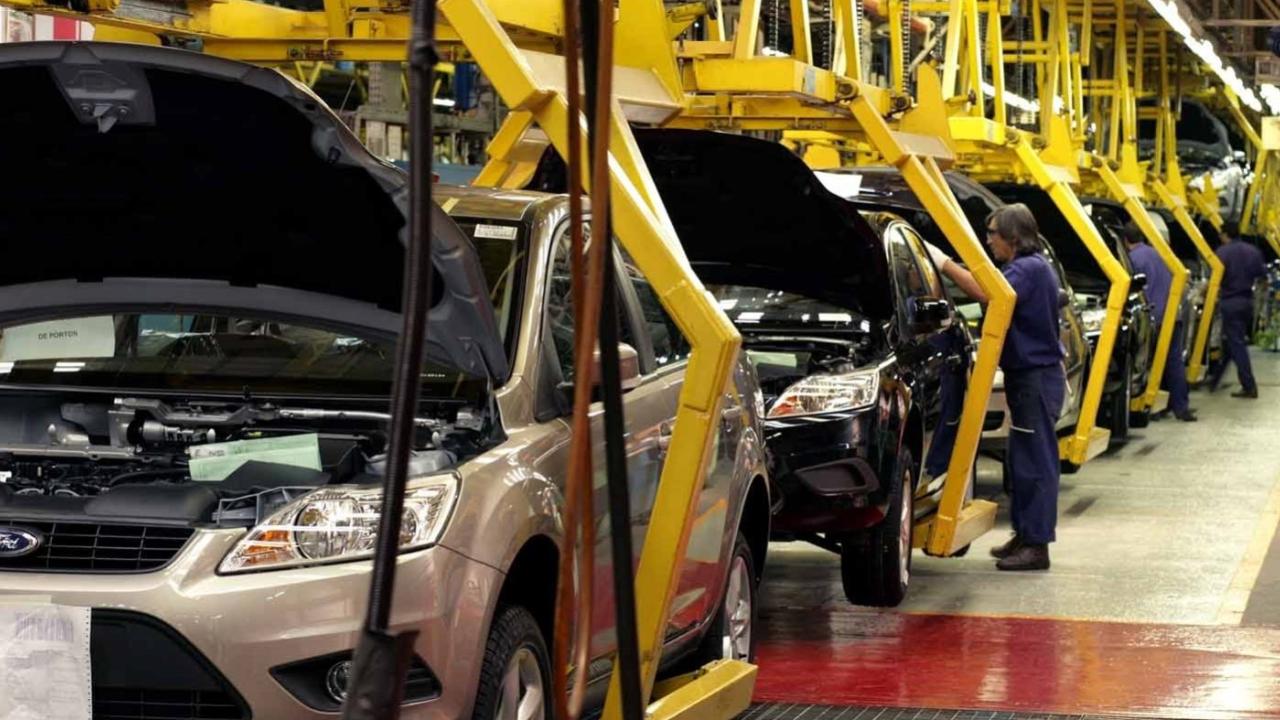
The White House Trade Representative (USTR) highlighted concerns about Chinese automotive investment in Mexico as part of a biannual report on this sector within the framework of the Agreement between Mexico, the United States and Canada (T-MEC), released this Monday.
The White House Trade Representative (USTR) highlighted concerns about Chinese automotive investment in Mexico as part of a biannual report on this sector within the framework of the Agreement between Mexico, the United States and Canada (T-MEC), released this Monday, 01 .
“Labor stakeholders have noted that because the large increase in the Section 301 ad valorem tariff on electric vehicles could accelerate investments in electric vehicles outside of China (including investments in Mexico) to avoid the tax, it is “Measures may need to be taken to address production by Chinese automakers in other countries,” the document says.
In response to these challenges, the Trade Ministers of the United States, Canada and Mexico agreed on May 22, 2024 to “jointly expand their collaboration on issues related to the non-trade policies and practices of other countries, which undermine the Agreement and harm American workers.” , Canadians and Mexicans, even in the automotive sector and other sectors.”
The USTR reports that several commentators, including the UAW and LAC organizations, expressed concern about the amount of Chinese Foreign Direct Investment (FDI) in the automotive sector in Mexico, alleging that this investment is aimed at evading Section 232 tariffs and Section 301 on direct imports from China.
Both organizations urged the United States to work closely with Canada and Mexico to carefully examine these Chinese investments and determine whether automotive content entering the North American supply chain is connected to government-backed Chinese companies.
In parallel, the USTR added, Adam Hersh, senior economist at the Economic Policy Institute, expressed similar concerns, arguing that the concept of “accumulation” in calculating regional value content allows the share of non-North American content to increase “exponentially” to as components are transformed in the value chain.
Hersh also argued that this means that significant non-North American content is benefiting from Inflation Reduction Act (IRA) tax credits.
The same USTR report refers to the UAW recommending that the Administration and Congress consider increasing the United States' Most Favored Nation (MFN) tariff on automobiles and auto parts, with special attention to electric vehicles and related components to address possible imports of Chinese electric vehicles.
During the February 7 hearing, the UAW argued that the 2.5% US MFN tariff on passenger vehicles is only a “minor violation” for not following USMCA rules.
The UAW pointed to recent U.S. import statistics showing that a higher proportion of cars imported from Mexico do not claim USMCA preference as evidence that companies are taking advantage of cheaper Mexican labor but not increasing content to comply with all the rules of origin of the T-MEC.
As an additional concern, the UAW stated that Chinese auto producers would exploit the North American automotive infrastructure and ecosystem that has been developed over the past 25 years by establishing operations in Mexico, paying the 2.5% MFN tariff and having access to the US market free of section 232 and 301 tariffs.
On May 14, 2024, the President of the United States directed the USTR to increase Section 301 ad valorem tariff rates on electric vehicles from China from 25 to 100% this year.
President Biden also ordered the USTR to raise Section 301 tariff duties on lithium-ion electric vehicle batteries to 25% in 2024.









